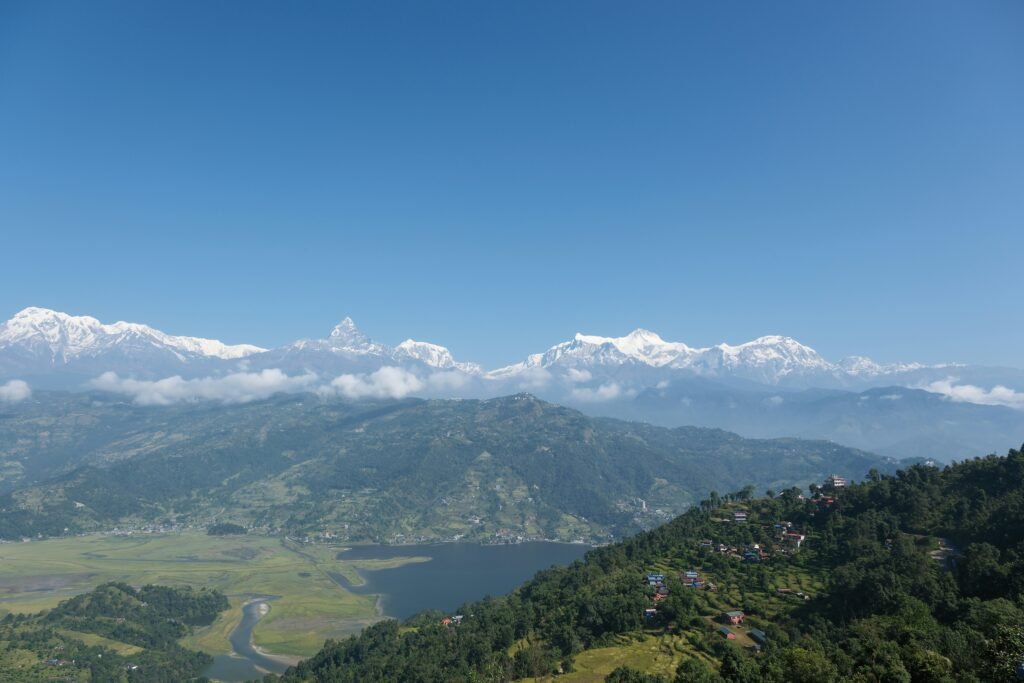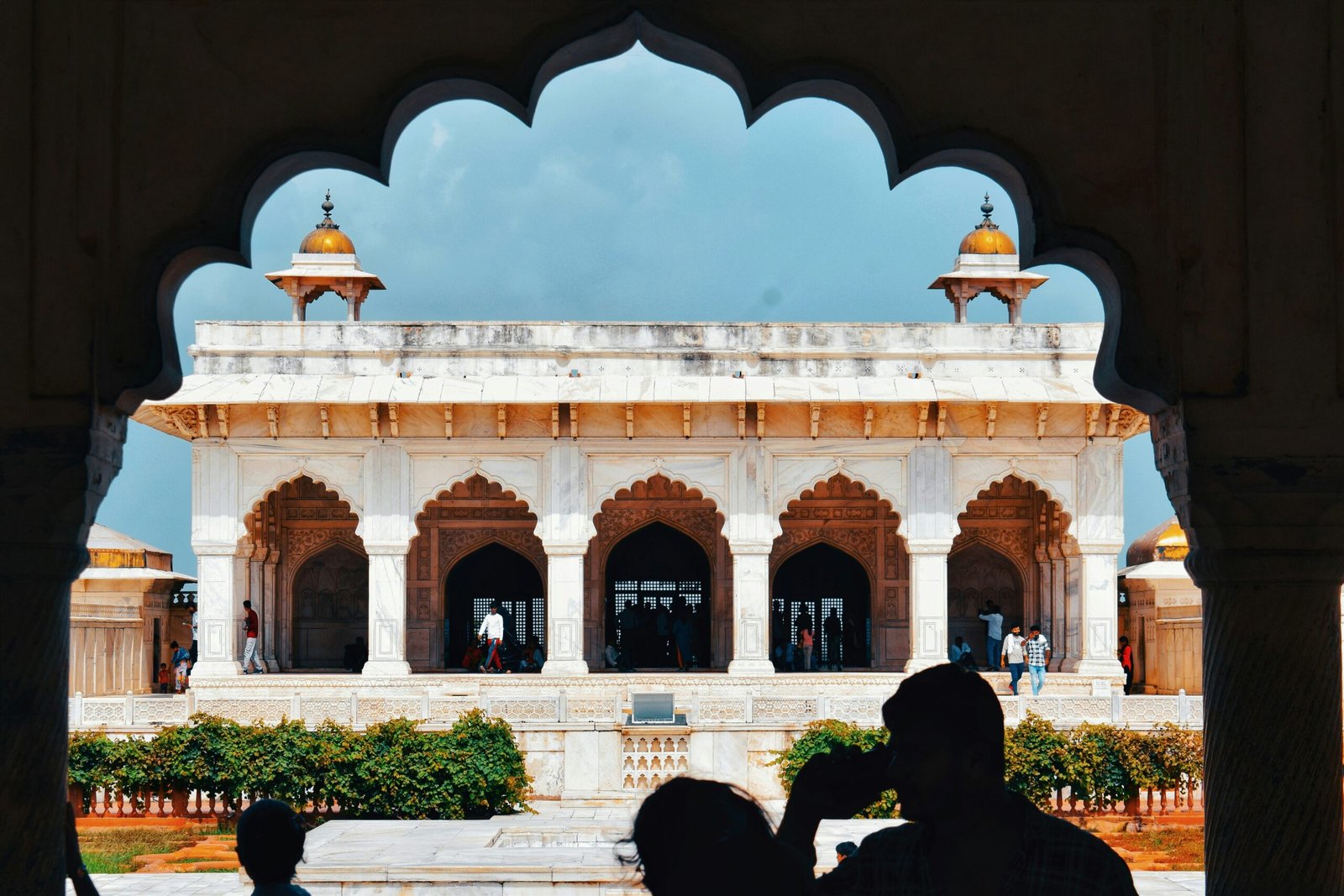If Nature Charged Us Rent, Could We Afford to Live?
What if every sunrise came with a price tag? Every river, mountain, and forest we took for granted invoiced us for their silence, their shelter, and their beauty? We live in luxury on a planet we never paid rent for—and it’s catching up. In India, where tourism is booming and ecosystems are crumbling, it’s time to ask: if nature sent us the bill, could we afford to stay?
The Cost of Borrowed Beauty
Every morning, we wake up to a world that gives. The breeze, the sunlight, the rivers that snake through valleys, and the mountains that anchor our horizon—all exist without asking for anything in return. But what if they did? What if nature sent us a bill for every resource we took, every tree we cut, every lake we polluted? Would we still be able to afford this lifestyle we’ve normalized? Would we pause to ask if this model of consumption is truly sustainable?
India, with its ancient reverence for the natural world, now stands at a crossroads. The country is caught between unrelenting economic growth and the silent degradation of ecosystems. From the overcrowded trails of Himachal to the plastic-littered beaches of Goa, over-tourism is not just a buzzword—it’s a reality. One we must confront, not just with emotion, but with action.

Over-Tourism: When the Guest Overstays
India’s Landscapes Under Pressure
Tourism in India isn’t just an industry; it’s a cultural tapestry. From the spiritual ghats of Varanasi to the tea-scented hills of Munnar, every region has a story to tell. But in recent years, the rush to “experience nature” has, ironically, started to destroy it. Places like Kasol, Manali, Rishikesh, and Ladakh are bearing the brunt of footfall far beyond their carrying capacities.
According to the Ministry of Tourism, domestic tourist visits crossed 1.3 billion in 2023. While this indicates a booming travel culture, it also reflects a deeper problem: more tourists mean more demand on limited natural resources. Mountains are being carved for resorts, water sources diverted for private pools, and forests cleared for Instagrammable villas.

Water: The Unpaid Utility
Let’s take water as an example. In regions like Himachal and Rajasthan, where water scarcity is acute, luxury properties continue to operate swimming pools and manicured lawns. The locals, however, are left standing in long queues with empty buckets.
If nature could invoice us, water might be the most expensive line item. Yet, we rarely stop to calculate the real cost of our indulgences. Not in rupees, but in aquifers drained, rivers choked, and glaciers melting at record speeds.
Sustainability Isn’t Optional—It’s Rent
What If We Paid in Carbon Credits?
Imagine a model where every tourist activity had a carbon equivalent. Want to drive to a hill station? That’s 20kg of CO2. Stay in an air-conditioned resort? Add another 15kg per night. Order imported wine and seafood? Tack on 30kg more. Now imagine paying for all of that, not just financially, but environmentally.
According to the Central Pollution Control Board (CPCB), India’s tourism sector contributes over 5% of total national carbon emissions. This is a staggering figure for an industry rooted in the enjoyment of nature. The irony is stark: we pollute the very thing we seek to enjoy.

Ebony Stays: Giving More Than It Takes
At Ebony Stays, we believe sustainability isn’t a CSR checkbox—it’s our rent to the planet. We operate on a simple principle: take less, give more. Every property under our umbrella follows rigorous eco-practices, from using solar power and rainwater harvesting to banning single-use plastic entirely.
But we go beyond operations. We actively contribute to local NGOs that work on reforestation, education, and community health. Our villas are built using local materials and labor, ensuring the economic benefit flows back to the people who call these lands home.
We’re proud partners in preserving the pristine beauty of places like Coorg, Lonavala, and Alibaug—not just for guests, but for generations.

Emotional Rent: The Debt We Can’t Repay
The Indigenous Connection
Indigenous communities in India have always treated nature with deep respect, seeing themselves as custodians rather than consumers. The Bhil, Gond, and Toda tribes, among others, practice sustainable farming, worship sacred groves, and pass down ecological knowledge orally.
Contrast this with modern tourism, which often arrives with loud music, plastic waste, and a sense of entitlement. We’ve moved from reverence to recklessness.

Mental Wellness vs. Ecological Damage
We often travel to escape—the city, the stress, the screen. Nature heals, but are we returning the favour? We speak of forest therapy and mountain retreats, yet we leave behind broken beer bottles and bonfire ashes. It’s like borrowing peace and paying back in pollution.
This emotional rent—a guilt we subconsciously carry—is real. It shows up in the unease we feel when we see a garbage heap on a trekking trail or when the morning birdsong is drowned by honking tourist vans.
A New Model for Indian Travel
Community-Based Tourism: The Way Forward
One of the most effective ways to pay our ecological rent is by empowering local communities. Homestays, guided treks by locals, and eco-lodges are more than just sustainable—they’re transformative. They ensure that tourism revenue goes back into preserving the environment, rather than extracting from it.
Ebony Stays integrates community tourism into its model. From hosting cultural nights to employing local artisans for decor, we ensure our guests don’t just take memories, but also leave a positive footprint.

Regulation and Responsibility
India needs stricter environmental regulations for the tourism sector. But policy alone isn’t enough. As travelers, we must take responsibility:
- Choose eco-certified stays
- Travel off-season
- Respect local customs and wildlife
- Minimize waste and carbon output
In short, we must start acting like tenants who care—not squatters who destroy.
Conclusion: Can We Still Afford the Earth?
If Nature really did charge us rent, most of us would be bankrupt. Emotionally, ethically, ecologically. But perhaps it’s not too late. If we rethink how we travel, consume, and co-exist, we can start paying back. Not with currency, but with consciousness.
Ebony Stays stands as proof that hospitality and sustainability are not at odds. They are, in fact, two sides of the same coin—a coin we must spend wisely if we hope to keep living in this borrowed paradise.
Let’s not wait for nature to send us the bill. Let’s settle our dues—today.
FAQs
1. What is over-tourism and how is it affecting India?
Over-tourism refers to excessive tourist footfall in destinations beyond their ecological or infrastructural capacity. In India, this leads to water shortages, waste accumulation, traffic congestion, and loss of local culture and biodiversity.
2. How does Ebony Stays promote sustainable travel?
Ebony Stays practices sustainability through solar energy use, rainwater harvesting, local sourcing, and waste elimination. They partner with NGOs and ensure local employment and cultural integration at every location.
3. Why is sustainability important in the tourism industry?
Tourism depends on nature’s beauty. Without protecting forests, rivers, and communities, the very appeal of travel destinations diminishes. Sustainability ensures tourism remains viable for the long term.
4. How can travelers reduce their environmental footprint?
Travelers can reduce their impact by choosing eco-friendly accommodations, minimizing waste, using public transport, respecting wildlife, and supporting local businesses and artisans.
5. Is eco-tourism more expensive than regular travel?
Not necessarily. While some eco-properties may cost more upfront, they offer richer, more meaningful experiences and often include activities that give back to the community and environment.

